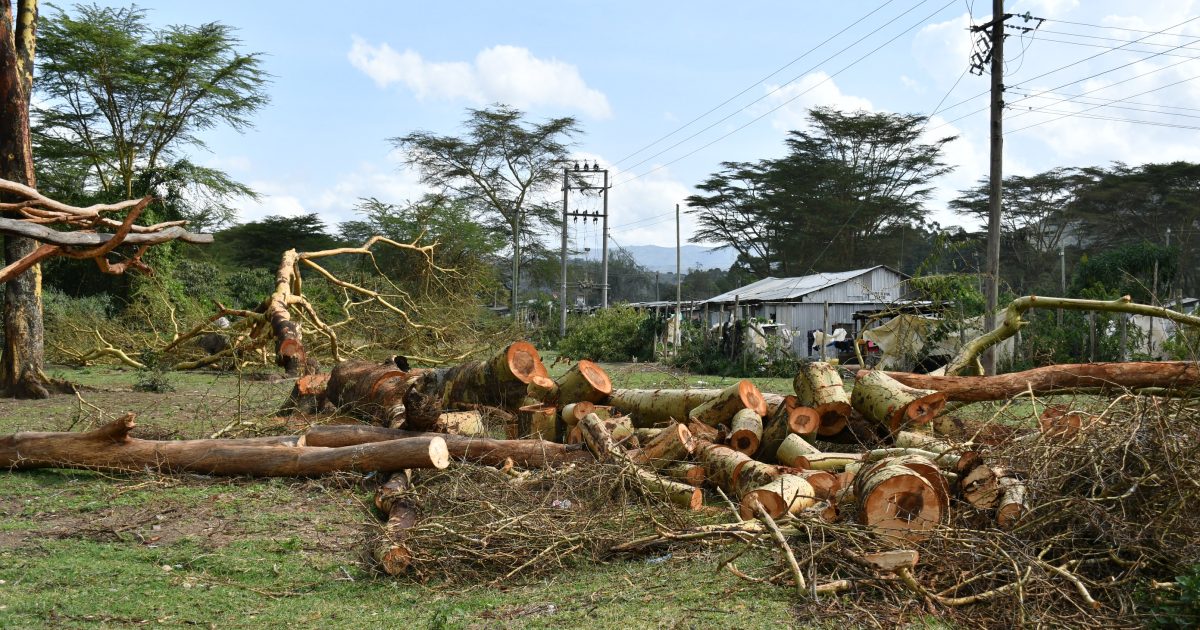Nakuru County has banned forthwith all illegal tree felling around Lake Naivasha that threatens to destroy riparian zones, which are critical habitats for the lake marine life, and surrounding wildlife.
Governor Lee Kinyanjui said the directive was as a result of numerous environmental concerns about the increased illegal felling of trees around the lake and its environs.
Kinyanjui directed that any individual including local land owners must seek approval from relevant county environment offices before cutting down or carrying out any logging activity failing which they risk being charged through relevant laws.
He said the move is geared towards restoring the lake’s riparian land and habitat that is home to various wildlife species including hippos, giraffes and antelopes among others.
“We must protect and conserve our environment to enable the lake’s sustainability for the current and future generations,” said Governor Kinyanjui.
In an earlier survey exercise conducted by the National Lands Ministry, 50 per cent of riparian land around Lake Naivasha has been encroached and access corridors to the lake grabbed.
The survey showed that sections of hotels, flower farms, landing beaches and private entities are among those that had been encroached.
The governor at the same time announced plans by his government to upgrade and improve the much-needed infrastructure around the lake to exploit the resource’s full potential.
Kinyanjui said plans are underway to construct a tarmac road around the lake boundaries to facilitate seamless access to host conference facilities, hotels, tourist camps and flower farms which are a major economic player in the region.
Olkaria MCA Peter Palang’a lauded the County for banning the illegal tree felling which he noted risked destroying the environment and the lake habitat.
Palang’a said the move to seek county approval will allow the relevant regulatory bodies to monitor the activities to avoid imminent destruction.
The MCA called on the relevant county authorities to involve local leaders and stakeholders including the fishermen to stop the illegal logging.
By Erastus Gichohi





